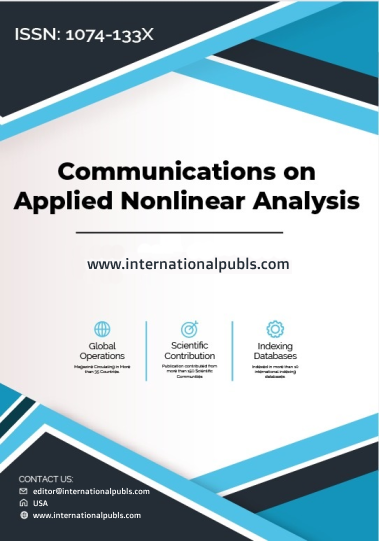A Testing Design Approach to the Gap in People's Business Credit Recipients, in Micro Small Business in Depok, West Java, Indonesia
Main Article Content
Abstract
This research investigates the challenges encountered by micro and small enterprises (MSEs) in Depok, Indonesia, in accessing the Kredit Usaha Rakyat (KUR) program and explores how these obstacles impact poverty reduction and income distribution. Employing an experimental design, the study focuses on key factors affecting financial access, including MSEs' comprehension of KUR, business age, financial reporting practices, and the adoption of technology in marketing. A total of 147 MSEs were divided into treatment and control groups, where the treatment group received targeted interventions through Focus Group Discussions (FGDs). Data was collected both before and after the intervention to assess its impact on KUR access. The findings reveal a marked improvement in KUR access for the treatment group, particularly in terms of enhanced understanding of KUR procedures and significantly improved financial reporting capabilities. Additionally, the increased adoption of technology in marketing was found to positively influence financial access. Regression analysis demonstrates that factors such as KUR understanding and financial reporting practices have a statistically significant effect on financial accessibility, while business age exerts minimal influence. Conversely, the control group did not exhibit any substantial changes in KUR access, highlighting the efficacy of the intervention. In conclusion, this study emphasizes that structured interventions, such as FGDs, are effective in strengthening MSEs' ability to secure financing through KUR, which is pivotal for poverty alleviation and economic inclusion. The results underscore the necessity for ongoing training and support programs to sustain MSEs' growth and financial stability.
